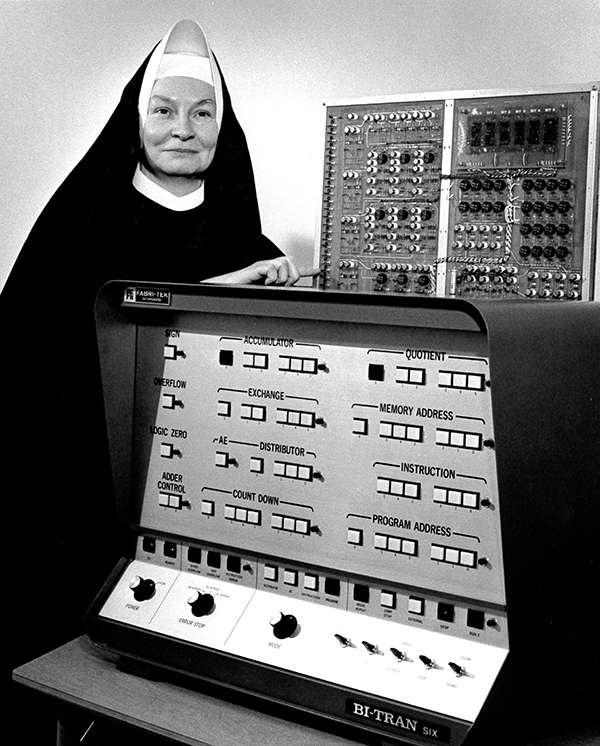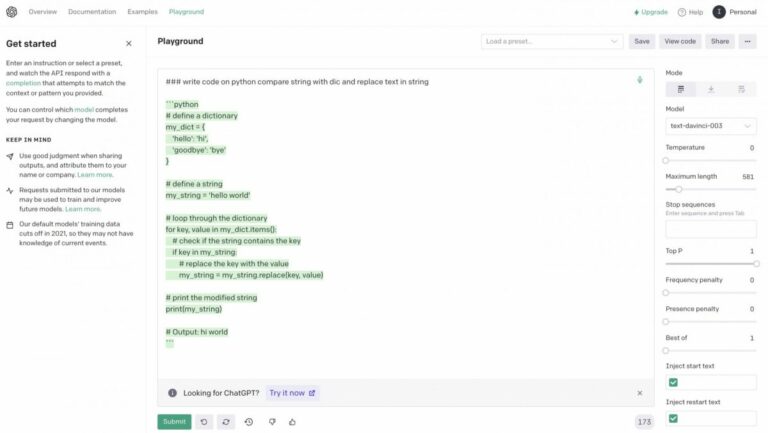Sister Mary Kenneth Keller – First Woman to Receive a PhD in Computer Science

“For the first time, we can mechanically simulate the process of cognition,” – Sister Mary Kenneth Keller.
Sister Mary Kenneth Keller had a strong influence on the world of Computer Science at a time when it was impossible to imagine women in this field. Her work paved the way for what we now call the information economy, a key driver of the market. She was the first woman in the United States to receive a PhD in Computer Science, and then helped develop the BASIC programming language, which changed the world of computer science.
About Keller’s early years Little is known. She was born December 17, 1913 in Cleveland, Ohio, in the family of John Adam Keller and Catherine Josephine (née Sullivan). In 1932, she followed God’s call to the Sisters of Mercy of the Blessed Virgin Mary in Dubuque, Iowa, and in 1940 she took a vow with parishioners. She then began her academic career in Chicago with a bachelor’s degree in mathematics and a master’s degree in mathematics and physics at DePaul University in 1943 and 1953, respectively.

In 1958, Keller began working in the workshop of the National Science Foundation in the center of computer science at Dartmouth College, which was then a men’s school. There, she worked with John G. Kemeny and Thomas E. Kurtz to develop the BASIC programming language.
BASIC revolutionized programming by enabling anyone who could learn a language to write their own software. Before BASIC, only mathematicians and scientists could do this. Different versions of BASIC were widely used on the first personal computers in the 1970s and 1980s, allowing everyone (from business owners to computer enthusiasts) to develop software.
Throughout her postgraduate studies, Keller was associated with several other prestigious educational institutions in addition to Dartmouth University, including the University of Michigan and Purdue. In 1965, Keller received her Ph.D. in Computer Science from the University of Wisconsin at Madison. Her dissertation was called “Inductive Inference on Computer Generated Patterns” (in CDC FORTRAN 63).
Keller founded the computer science department at Clark College, a Catholic college for women, founded by the Sisters of Mercy of the Blessed Virgin Mary. She headed the department for 20 years, where she was a defender of women in the field of computer science. She was noted for supporting working mothers and even encouraged mothers to take their children with them to classes.

Keller was one of the first to recognize and appreciate the vast role that computers will play in the world. In 1964, she noted that students in areas such as psychology and science had already used computers in their academic work. She advocated the use of computers in education and created in Clark a master’s program in the use of computers in education. She also predicted how important computers would be in libraries, saying that “their function in finding information will make them the heart of tomorrow’s libraries.”
Keller enthusiastically accepted the idea of providing access to computers to everyone, not just computer specialists. “We live in an era of information explosion,” she said, “and, of course, it is obvious that information is useless if there is no access to it.”

In her honor, Clark University (formerly Clark College) established the Mary Kenneth Keller Scholarship in Computer Science and founded the Keller Computer Center, which provides computing and telecommunications support to Clark University staff, teachers and students. Keller died at the age of 71 in Dubuque, Iowa, on January 10, 1985.





